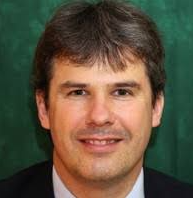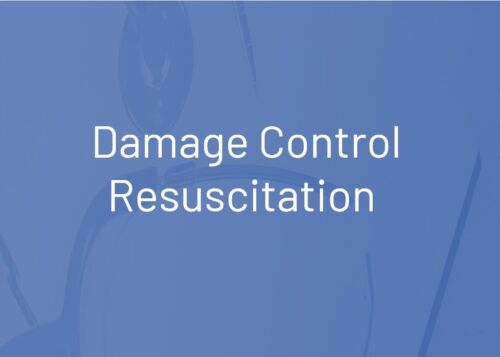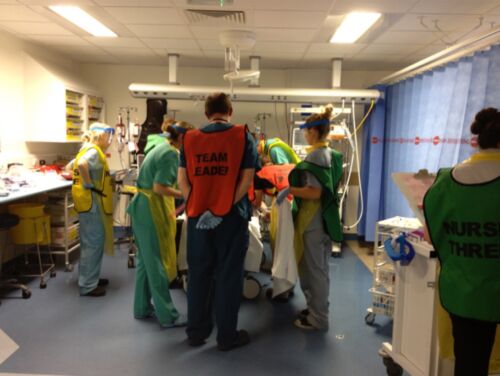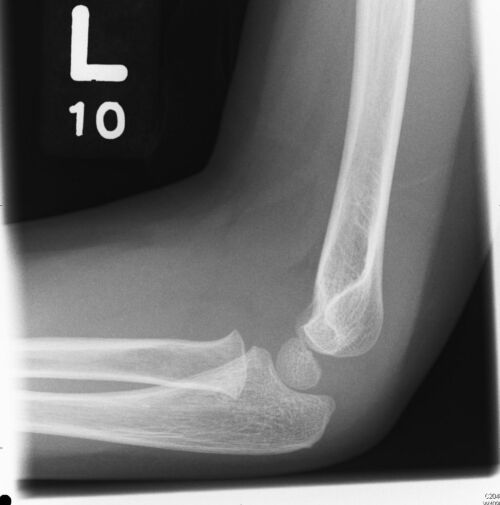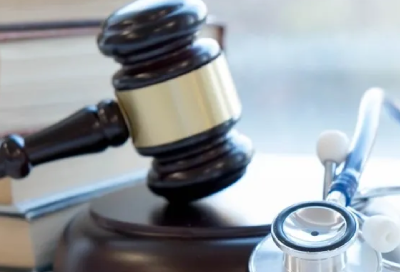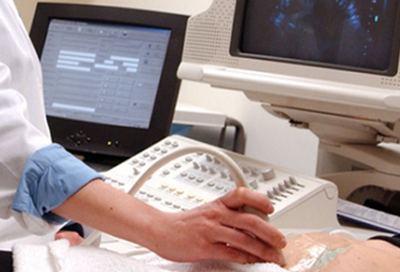This one day online symposium uses a case-based learning approach to review the up-to-date emergency department management of major trauma patients.
Taught by consultants from the East of England Major Trauma Centre at Cambridge University Hospitals, the damage control resuscitation course is suitable for all members of trauma teams. This includes Emergency Department nurses and Advanced Clinical Practitioners as well as Emergency Medicine, Anaesthetic and Surgical consultants and trainees.
The programme covers all aspects of primary assessment, resuscitation and immediate care.
The symposium is interactive and utilises case-based discussions with audience participation to cover the principles and practice of damage control resuscitation.
This course will be delivered online via video conference facilities. You will receive joining instructions after booking your place.
Dr Rod Mackenzie
Dr Rod Mackenzie has been the Clinical Director of the Cambridge Major Trauma Centre since its inception in 2012. In addition to developing, and learning from, the Major Trauma Service, he is also a Consultant in Emergency Medicine and Pre-hospital Emergency Medicine. The Damage Control Resuscitation Course reflects a distillation of trauma resuscitation challenges across the spectrum of age, injury and environment and their practical application to the Emergency Department practitioner. This pragmatic approach to teaching reflects Dr Mackenzie’s historical roles as clinician and commander in a range of civilian and military operational settings.
Example timetable
08:45 – 09:00 Platform demonstration
09:00 – 09:15 Introduction – setting the scene
09:15 – 09:45 The theory
09:45 – 10:30 A – the ABCD of emergency airway management
10:30 – 11:00 B – ventilatory support and lung protection
11:00 – 11:15 Break
11:15 – 12:15 C – circulatory support and haemorrhage control
12:15 – 13:15 Break
13:15 – 14:15 D – neurological injury and neuroprotection
14:15 – 14:45 E – wound protection and environmental control
14:45 – 15:00 Break
15:00 – 16:00 In practice
16:00 – 16:45 Panel discussion
16:45 – 17:00 Summary and close

